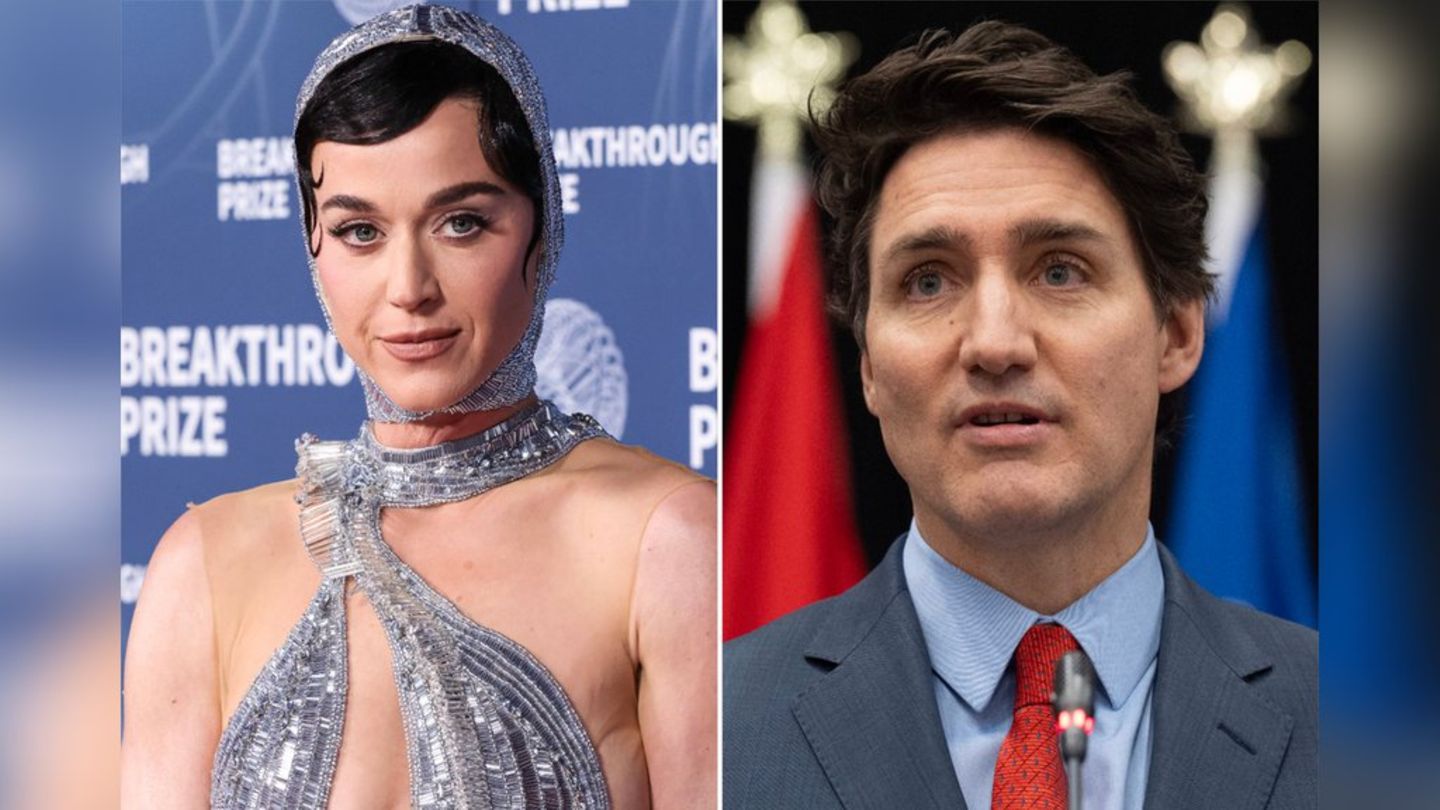The EU’s food supply is secure – but this does not apply to all countries in view of the Ukraine war. So that as few people as possible are burdened by high prices, the EU Commission is now presenting countermeasures.
In view of the threat of crop failures in Ukraine, the EU Commission wants to present measures to combat food shortages and high prices in the EU and other regions. This is likely to fuel the argument over whether farmers should meet fewer environmental standards in order to increase yields.
Because of the Russian war against Ukraine, large quantities of grain from the Eastern European country are likely to be lost to the world market. In addition, ports from which grain is shipped around the world are blocked, Ukrainian Minister of Agriculture Roman Leschenko reported to members of the EU Parliament.
Food prices are likely to continue to rise, with potentially dramatic consequences for poorer countries. But the effects are already being felt in Germany too, for example sunflower oil is currently scarce. In Ukraine, however, there is also cheap grain, which poorer countries in particular urgently need.
EU climate targets still in focus
EU Agriculture Commissioner Janusz Wojciechowski has already confirmed that simpler subsidies for agricultural groups and adapted requirements for environmental regulations will probably be part of the package. However, a spokeswoman for the EU Commission explicitly emphasized that the EU climate goals, which are anchored in the so-called Green Deal, are still being adhered to. “This remains the focus of the Commission as farmers across Europe are already facing the impacts of climate change and biodiversity loss.”
In Brussels, as in Germany and other countries, there is currently a debate about how to deal properly with the consequences of the war. For example, there is a dispute about whether arable land intended for environmental protection should be used for additional production. According to the Heinrich Böll Foundation, which is close to the Greens, the effect of this would be minimal. Financial aid for poorer countries is the better solution. The chairman of the Agriculture Committee in the EU Parliament, Norbert Lins (CDU), said on the other hand that this would at least cover the wheat import requirements for Egypt, Morocco and Tunisia.
disagreement among government partners
The issue is also a source of arguments between the government partners, the FDP and the Greens. Carina Konrad, deputy chairwoman of the FDP parliamentary group, called on Minister of Agriculture Cem Özdemir (Greens) to work to ensure that the Green Deal is adjusted. She described the EU proposals, which are to be presented around noon, as an important signal. Özdemir’s ministry had already announced that additional so-called ecological priority areas could be used for forage production in the future.
Contrary to what was initially announced without obligation, a proposal for specifications for the use of pest controllers should not be part of the package on Wednesday. The Federation for the Environment and Nature Conservation saw this as giving in to the agricultural lobby. The Commission contradicts: The corresponding preview can change again and again for different reasons, it said.
Source: Stern
Jane Stock is a technology author, who has written for 24 Hours World. She writes about the latest in technology news and trends, and is always on the lookout for new and innovative ways to improve his audience’s experience.




